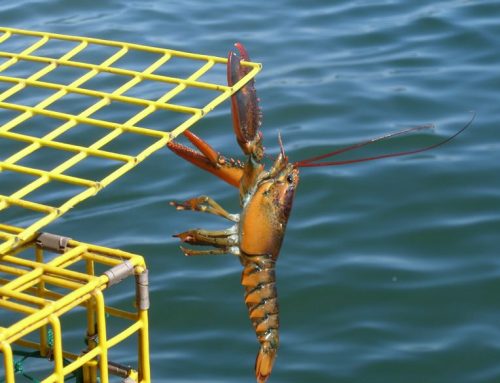Ice fishing is one of those things in which, so long as you follow as the recommended safety precautions, you shouldn’t be unduly afraid. But it’s also true that you can never eliminate the danger entirely. What dangers are we talking about? Like any activity that involves leaving the house, you have to get to and from the ice fishing spot. Hypothermia is another danger and not just from falling through the ice. Especially young children and the elderly can be susceptible to the sneakier, more insidious kind of hypothermia that can set in gradually even without getting wet.
Nevertheless, one of the tangible, ever-present dangers inherent to ice fishing is falling through the ice into sub-freezing water. Some areas of the country have a knack for extended periods of extremely cold weather. Some years many areas of the country may seem an extensive freeze. I have friends from Cincinnati who still talk about the winter of 78 with weeks of blizzard-like conditions and, in a once-in-a-lifetime opportunity, you could actually walk across the entire Ohio River.
But here’s the thing: Even when it’s been really cold for a really long time, large bodies of water are tricky things in which the ice doesn’t freeze with a consistent thickness.
Basic Ice Fishing Safety
So, what are the recommended safety precautions? First, you need to verify that the ice is sufficiently thick. Don’t assume just because you see people ice fishing on the other side of the same lake that it’s necessary safe where you’re planning to fish. Unless you’re going to a closely monitored area and you plan to stay within the designated ice fishing zones, you need to bring your own equipment and be prepared to verify the thickness of the ice.
Even still, it’s impossible to eliminate the danger entirely, especially when you can’t control the behavior of those around you. If you or someone near you falls through the ice, knowing the basic rules for surviving a fall through the ice can be life-saving information.
There are dramatic pictures of people and property that have fallen through ice and equally dramatic rescue/survival stories out there, but it’s worth remembering that there is also some danger just being out in freezing temperatures. We expect you know your own limits of personal comfort, but simple items like hand-warmers and high-tech thermoses can make for a much more pleasant time. For safety, it’s also good to be (over)-prepared. Rather than trying to remember all the essential survival items every time out, keep a kit in your vehicle with first-aid and survival gear including potable water and rations.
Driving on Thin Ice: When Fishing is Worse than Totaling Your Car
I wasn’t there, but one of my mother’s really good friends went on an ice fishing trip on Lake Geneva. The ice fishing went off without a hitch, but there was a group of vehicles parked some ways off from the primary ice fishing area. At some point late in the day, the ice gave way and many, though not all of the vehicles, ended up plummeting into the lake. It’s tempting, when you know the ice is thickly frozen, to take your vehicle out there. There will be others with just such a cavalier attitude, and maybe 9 times out of 10, everything is fine. But that one time where there’s a thinning spot that cracks at just the wrong place and time, and you’ll end up with something like the photo above.
Now, there are a few lessons to be learned here.
1) Pretty much never take your vehicle out on a lake if you can at all avoid it. Endure the mild inconvenience of having to haul your gear a few more feet. Try to use an ice fishing hut rental, or one that’s portable and can be moved without the aid of a motorized vehicle.
2) Always closely read and follow all the signage. Look to stick to designated ice fishing areas where the ice is tested regularly and strict weight guidelines are enforced. Recognize that what’s safe in a designated area may not be safe elsewhere on the lake.
3) Know that if your vehicle does go into a lake, chances are the cost will be more than just totaling your car. The people with cars in Lake Geneva ended up paying $1,000 tow and recovery fee each, in addition to having the car totaled.
Take note of our Affiliate Relationships that may exist with this page and companies listed on it.







